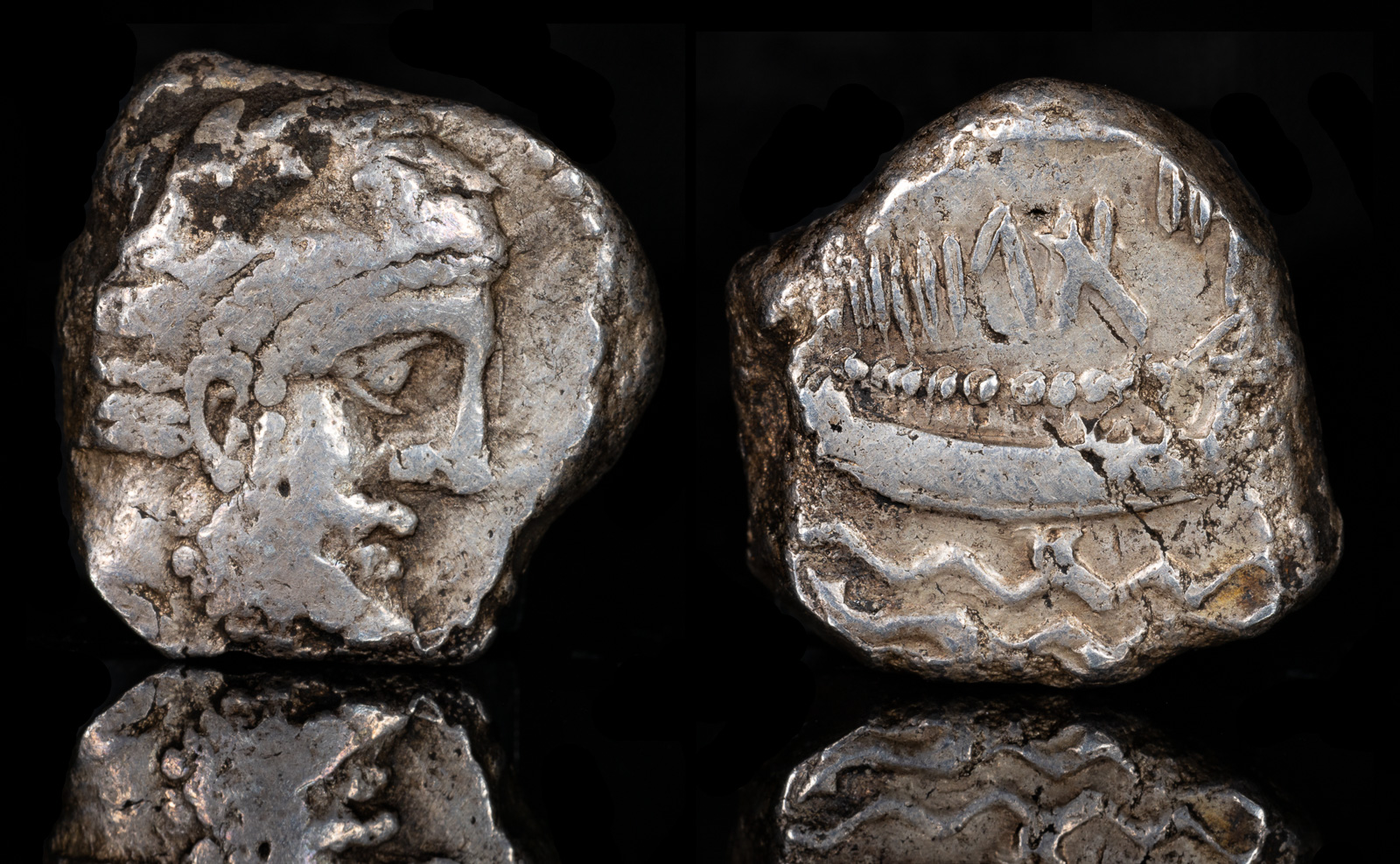Pataikos
View All Tags
The pataikos had practical advantages in the context of smaller boats. Its compact size made it easy to handle and maneuver, which was essential for sailors navigating in narrow or shallow waters, such as those found along coastlines or in river mouths. In these environments, having a sail that could quickly be adjusted, lowered, or even stowed away allowed sailors greater flexibility and control over their vessels. Smaller ships using the pataikos could travel with the wind or navigate through various water conditions, such as calm or moderate breezes, where larger sails might have been cumbersome or inefficient.
The pataikos also served an important role in everyday sailing activities, especially for fishermen who often relied on small boats to catch fish close to shore. For these sailors, the ability to use a sail like the pataikos in conjunction with rowing provided a combination of wind power and manual effort, allowing them to move efficiently in pursuit of their work. Its simplicity also meant that it was relatively easy to maintain and repair, which was crucial in an era when skilled craftsmen or readily available materials were not always accessible.

Phoenicia, Arados AR Stater
King Gerashtart (Gerostratos)
Dated RY 6(?) = 335/334 BCE 10.35g, 18mm, 10h.
Laureate head of Ba’al-Arwad to right / Galley to right with [Pataikos on prow], above waves; MA G and date (all in Phoenician) above.
Betlyon 29, note 106; DCA 753; HGC 10, 36
Ex collection of Z.P., Austria